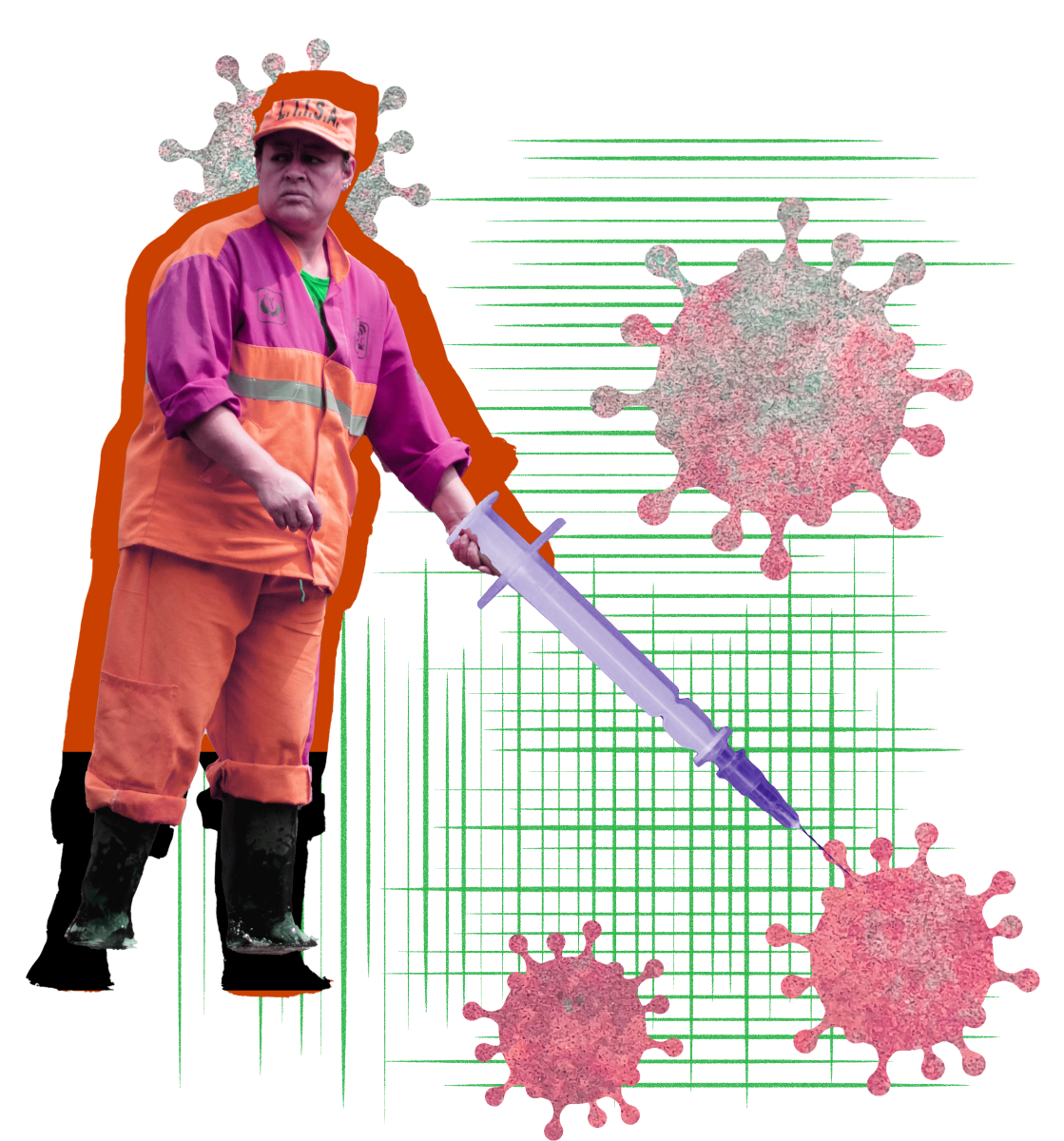If you know five people on this campus, chances are you know someone who has been raped. According to the Rape, Abuse & Incest National Network (RAINN), 17.6% of women and 3% of men have been rape targets. Every time you walk to class, you are seeing dozens of victims of sexual assault. The scope of this issue is far too wide to ignore the consequences.
Let’s start with some math. The occurrence of false rape accusations is placed between 2 and 10 percent, depending on the source, with most (including the LosAngeles Police Departmentand Federal Bureau of Investigation) placing it at approximately 5%. The rate of report for rapes is about a third, according to RAINN, BBC, and the National Institute of Justice. The felony conviction rate for rape crimes is less than 10%, according to RAINN and various local news outlets.
What do these numbers mean? First, victims are telling the truth way more often than they are lying. Second, it’s not unusual for sex crimes to go unreported. And third, sex offenders usually get away with it.
A mere accusation of sexual misconduct carries a lot of weight because, statistically speaking, it’s probably true. And since most rapes are never reported, it is not abnormal for a victim to come forward much later, particularly as the accused is being heard for a critical appointment, as in the case of Christine Blasey Ford and Brett Kavanaugh. Moreover, the incidence of false rape accusations is likely much lower, closer to 1-2%, simply due to the vast number of unreported crimes.
We live in a society where 20% of the people we see every day are victims of rape. Every time we allow perpetrators into positions of power, we are telling these victims that their safety is irrelevant. We are telling them that a swimming career is more important than their bodily autonomy. We are telling them that a Hollywood star is more important than their own careers and ambitions. We are telling them that we do not believe them.
We need to stop acting like “innocent until proven guilty” always applies outside of the judicial system. You can be rejected from a job for something as simple as a bad attitude or poor communication skills. That doesn’t even address how poor an attitude would be required of someone for them to be willing to violate another person’s bodily autonomy, destroy their trust, and expose them to years of physical and emotional trauma.
One in five people on this campus are victims of rape. Every time we defend a known abuser, we are telling our friends, coworkers, peers, and mentors that their experiences donot matter. We are telling them that we don’t believe them, and in turn, that they shouldn’t believe in us.






























